I have read exactly 76 pages of Robert Sutton's new book, Scaling Up Excellence, and I'm doing something I've never done before -- I'm stopping in the middle of a book I'm enjoying. I'm putting the book down. By way of endorsement, I'm going to try to explain why.
Sutton (and his co-author Huggy Rao) bounce effortlessly between deep research and captivating stories, and they have thought deeply about "spreading constructive beliefs and behavior from the few to the many" (ix). In short, they know their stuff.
But a lot of business writers know their stuff -- and lots of business writers want you to know that they know their stuff as quickly as possible. This leads to formulaic books that substitute acronyms and shorthand for vigorous language and true depth.
What's different (for me) about Sutton and Rao is the meandering, thoughtful quality of their prose. These guys write sentences that are packed with insight and demand to be chewed on, puzzled over, bandied about, and applied. I have read exactly 76 pages of Scaling Up Excellence because it has implored me to slow down. I know the book wasn't written exactly for school leaders, but it suits our work perfectly.
Look at the following sentences that appear in the Preface:
Sutton (and his co-author Huggy Rao) bounce effortlessly between deep research and captivating stories, and they have thought deeply about "spreading constructive beliefs and behavior from the few to the many" (ix). In short, they know their stuff.
But a lot of business writers know their stuff -- and lots of business writers want you to know that they know their stuff as quickly as possible. This leads to formulaic books that substitute acronyms and shorthand for vigorous language and true depth.
What's different (for me) about Sutton and Rao is the meandering, thoughtful quality of their prose. These guys write sentences that are packed with insight and demand to be chewed on, puzzled over, bandied about, and applied. I have read exactly 76 pages of Scaling Up Excellence because it has implored me to slow down. I know the book wasn't written exactly for school leaders, but it suits our work perfectly.
Look at the following sentences that appear in the Preface:
Scaling well requires never leaving well enough alone. It means constantly seeking and implementing better ways of thinking and acting across old and new corners of the system. (xiii)
There's enough sturdy guidance in those sentences to help a school leader do his or her work for years. If you rest on your laurels, your school starts to slip. If you think your school can't be any better, you have already lost. You should think of your mission, sure, but you should also be thinking "constantly" about ways to invigorate that mission. Excellence in thinking begets excellence in acting, and vice versa, and a leader promotes both -- a leader demands both.
Such work is neither easy, nor neat, and Sutton and Rao address its very human side:
Such work is neither easy, nor neat, and Sutton and Rao address its very human side:
Scaling requires grinding it out, pressing each person, team, group, division, or organization to make one small change after another in what they believe, feel, or do. (4)
I remember reading a story about Sheryl Sandberg when she worked at Google. When she wanted to change the culture, she met with her direct reports and told stories, continuously, until they fully understood and embraced the shift Sandberg wanted to make. I imagined this rising leader, known for her ability to drive results, sitting down face-to-face with people, talking with them, listening to them, convincing them to give 100% effort to the cause. . . .
In our technology enhanced era, it's far too easy for leaders to attempt to e-quarterback every play in their areas or divisions. We all send too many messages across too many devices, and we all need to be reminded to reach out to people directly. In Leading Online, Reshan and I exhort our readers to "keep the off-ramp open and use it frequently." We call for blended leadership -- a mix of online and offline interactions -- whether school leaders are running a meeting or implementing an initiative. Sutton and Rao bring more urgency to the matter by reminding us that scaling anything is a "ground war, not just an air war." You have to get your hands dirty; you can't just peck the keys in front of you.
Fortunately, too, Sutton and Rao show us that scaling begets scaling begets scaling. Work hard enough and smart enough and you can "touch off" a form of accountability that most school people would find appealing because it focuses on culture (i.e., people). Imagine a school that is "packed with people who embody and protect excellence (even when they are tired, overburdened, and distracted), who work vigorously to spread it to others, and who spot, help, critique, and (when necessary) push aside colleagues who fail to live and spread it" (20). A school like that wouldn't even need administrators. It might not be perfect, but its heart would be in the right place, always, and it would aim to be better, always. There would be room for disagreement, but not for naysayers; time for renewal, but not for slacking.
I happen to think I work in a school that embodies this kind of accountability, and maybe that's why I want to slow down and ponder Sutton's and Rao's book -- it is helping me to savor the small wins in each of my days, helping me to appreciate my colleagues in the trenches, and reminding me that challenges in service of great purposes are the reason leaders wake up in the morning. As Sutton and Rao remind us, "organizations that scale well are filled with people who talk and act as if they are in the middle of a manageable mess" (xv). And, I'd add, they wouldn't trade their mess for all the order and clarity in the world.
Time to re-open this great book and see what else it has to offer. It will be available for all to open on Tuesday, February 4.
~SV
In our technology enhanced era, it's far too easy for leaders to attempt to e-quarterback every play in their areas or divisions. We all send too many messages across too many devices, and we all need to be reminded to reach out to people directly. In Leading Online, Reshan and I exhort our readers to "keep the off-ramp open and use it frequently." We call for blended leadership -- a mix of online and offline interactions -- whether school leaders are running a meeting or implementing an initiative. Sutton and Rao bring more urgency to the matter by reminding us that scaling anything is a "ground war, not just an air war." You have to get your hands dirty; you can't just peck the keys in front of you.
Fortunately, too, Sutton and Rao show us that scaling begets scaling begets scaling. Work hard enough and smart enough and you can "touch off" a form of accountability that most school people would find appealing because it focuses on culture (i.e., people). Imagine a school that is "packed with people who embody and protect excellence (even when they are tired, overburdened, and distracted), who work vigorously to spread it to others, and who spot, help, critique, and (when necessary) push aside colleagues who fail to live and spread it" (20). A school like that wouldn't even need administrators. It might not be perfect, but its heart would be in the right place, always, and it would aim to be better, always. There would be room for disagreement, but not for naysayers; time for renewal, but not for slacking.
I happen to think I work in a school that embodies this kind of accountability, and maybe that's why I want to slow down and ponder Sutton's and Rao's book -- it is helping me to savor the small wins in each of my days, helping me to appreciate my colleagues in the trenches, and reminding me that challenges in service of great purposes are the reason leaders wake up in the morning. As Sutton and Rao remind us, "organizations that scale well are filled with people who talk and act as if they are in the middle of a manageable mess" (xv). And, I'd add, they wouldn't trade their mess for all the order and clarity in the world.
Time to re-open this great book and see what else it has to offer. It will be available for all to open on Tuesday, February 4.
~SV


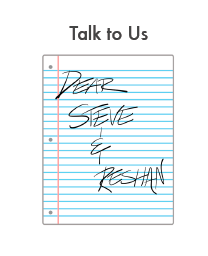
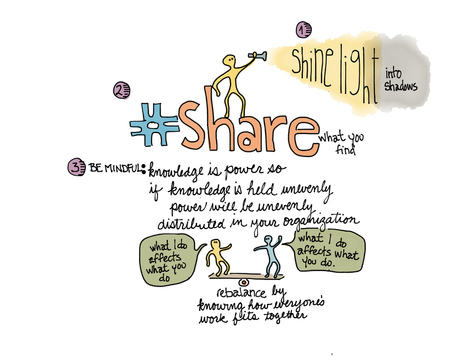
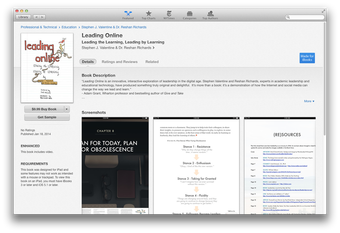
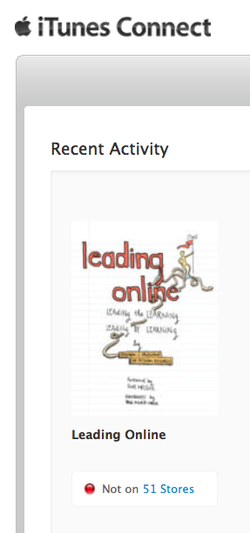

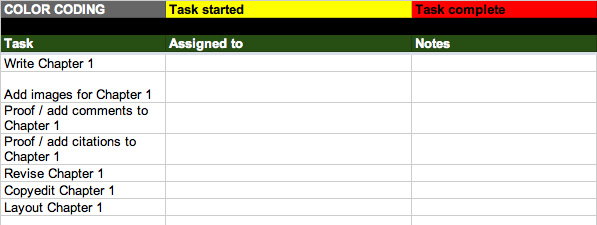
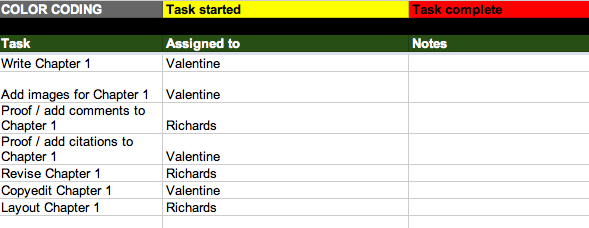
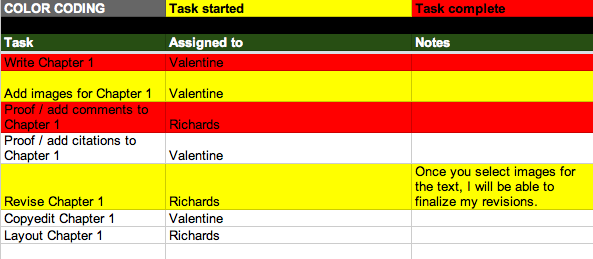
 RSS Feed
RSS Feed